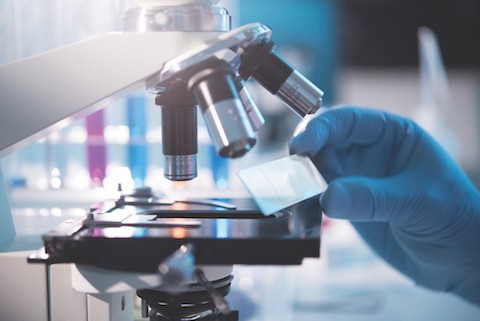
A new drug candidate may be effective against more than 200 antibiotic-resistant bacteria, according to research published in The American Chemical Society Central Science journal.
Fabimycin demonstrated the potential to infiltrate the defences of gram-negative bacteria and treat infections, while leaving other helpful microbes intact.
The research team noted that there has not been a novel class of antibiotics approved by the US Food and Drug Administration (FDA) to treat gram-negative pathogens contained within the group of high-priority antibiotic-resistant bacteria for over 50 years.
Gram-negative bacteria are a class of microbes that infect millions of people worldwide, according to the US Centers for Disease Control and Prevention (CDC), causing pneumonia, urinary tract infections and bloodstream infections. The microbes can mutate to evade multiple drugs, making infections harder to treat and increasing the risk of the disease spreading, severe illness and death.
In 2017 the World Health Organization (WHO) identified a list of antibiotic-resistant priority pathogens that present a ‘great threat to human health’, with the majority of pathogens listed being gram-negative bacteria.
The team, led by Paul Hergenrother, professor of chemistry at the University of Illinois, began their research with an antibiotic that was active against gram-positive bacteria and made a series of structural modifications that they believed would allow it to act against gram-negative strains.
One of the modified compounds – fabimycin – proved to be effective against more than 200 drug-resistant clinical isolates of Escherichia coli (E. coli), Klebsiella pneumoniae and Acinetobacter baumannii, while remaining ‘relatively inactive’ toward certain gram-positive pathogens and some typically harmless bacteria that live in or on the human body.
In addition, the new molecule reduced the amount of drug-resistant bacteria in mice with pneumonia or urinary tract infections to pre-infection levels or below, performing as well as or better than existing antibiotics at similar doses.
The research paper stated: ‘Given the promising activity of fabimycin in mouse infection models, and the encouraging data that fabimycin is dramatically more stable in rat and human plasma, it is reasonable to believe that fabimycin efficacy may improve as it is used to treat infections in higher organisms.
‘The potency of fabimycin, combined with the very low resistance frequency and apparent lack of pre-existing resistance, bodes well for its translation.’




